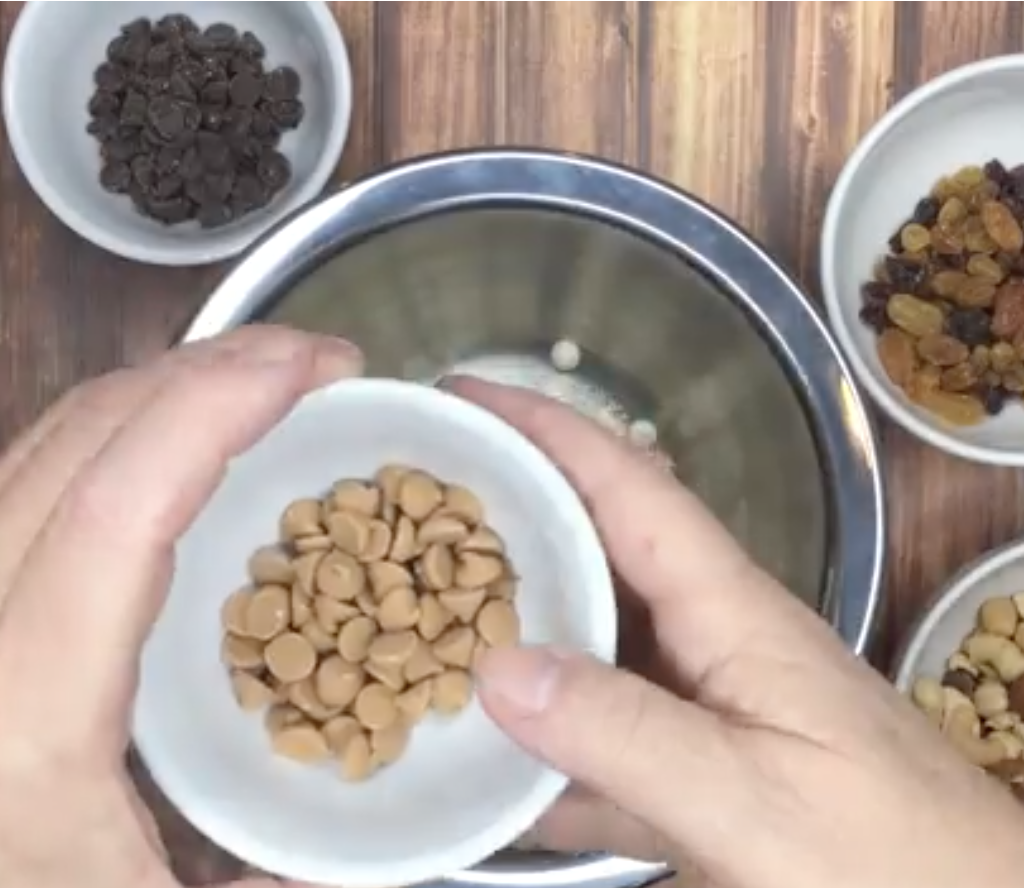Have you ever ate a big turkey meal and felt the need to catch 40 winks as a result? One common belief is that tryptophan in turkey meat is the prime contributor to this effect. But that is not actually the case.
First, why the focus on tryptophan? Well, the amino acid is used by some people as a dietary supplement as a reasonably effective sleep aid, found in some health food stores. Tryptophan has been shown to increase the brain's level of the calming neurotransmitter serotonin and the sleep-inducing hormone melatonin. The clinical research testing its effectiveness has given mixed results, but the interest level remains high.
Now here is the rub – while turkey does contain a high level of tryptophan, it is in line with the amount in most other meats. So why does it hit during holiday feasts moreso than steak night? The answer may lie in th entire meal, which tends to be loaded with carbohydrates (and in some cases varying amounts of alcohol).
A large consumption of carbohydrates triggers the release of insulin. This insulin increases the amount of non-tryptophane (trp) amino acids to be injected into the body's muscles, leaving the blood system richer in our friend trp. This now trp rich blood is carried across the central nervous system, where it is converted into serotonin by the normal enzymatic pathway. Then the serotonin is metabolized into melatonin by the pineal gland. This leads to our feast drowsiness.
So there you have it. In a way the need to crash after a big holiday meal does involve tryptophan, but not by direct ingestion. Instead thank the breads, heavy sides, and deserts for the drowsiness. Of course, knowing what causes it does not stop its effect, so if the need to close your eyes for a bit after a big holiday meal hits you, just relax and enjoy the ride.


